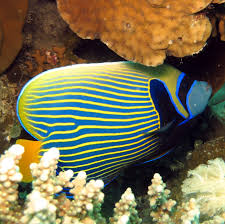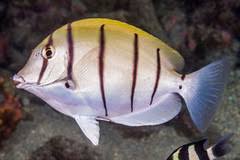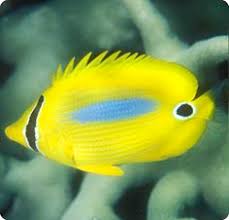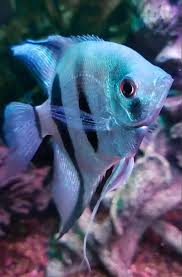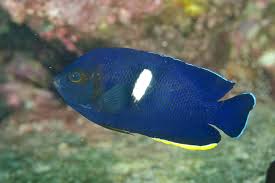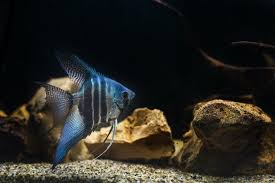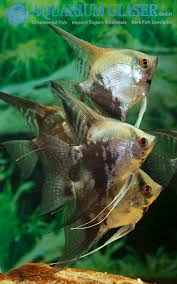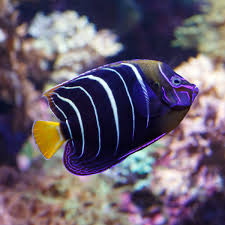The Dragon in Decorative Arts of Temples, Shrines, and Tombs in China
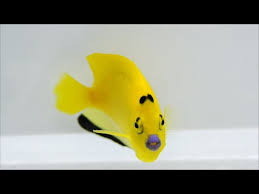
In Chinese culture, the dragon is not just a mythical creature; it is a symbol of power, protection, and divine authority. Its image is ubiquitous in Chinese art, particularly in the decorations of temples, shrines, and tombs, where it is believed to protect the sacred spaces and the souls of the departed. These dragon motifs, embedded in architecture, sculpture, and paintings, are more than just artistic expressions—they represent the deep connection between the spiritual and physical worlds. This article explores the role of the dragon in the decorative arts of temples, shrines, and tombs in China, delving into its significance, symbolism, and impact on Chinese art and culture.
The Symbolism of the Dragon in Chinese Culture
The dragon in Chinese culture is a complex symbol that has evolved over millennia. Unlike the fearsome dragons of Western mythology, the Chinese dragon is a benevolent and powerful being, associated with emperors, good fortune, and cosmic harmony. It is often depicted as a long, serpentine creature with antler-like horns, a lion-like head, a body of fish scales, and eagle-like claws.
In Chinese cosmology, the dragon is seen as a creature of the heavens, controlling the forces of nature, such as rain, wind, and storms. It is a symbol of power, strength, and vitality, revered by the Chinese as a divine protector. In the context of temples, shrines, and tombs, the dragon is used to represent the power of the gods, the emperor’s mandate from heaven, and the spiritual guardianship over sacred spaces.
Dragons in Temples: Guardians of the Divine
Temples in China are places of worship and spiritual connection, dedicated to various deities, ancestors, and revered figures. The decoration of these temples is rich in symbolism, and the dragon plays a central role in many religious and ceremonial spaces. Its presence is not only a reflection of the grandeur and divinity of the gods but also serves as a symbol of protection for the worshippers and the sacred spaces.
1. Dragon Motifs in Temple Architecture
One of the most iconic uses of dragon imagery in Chinese temples is in the architecture itself. Dragons are often carved into beams, columns, doors, and roofs, acting as divine guardians of the temple. These dragon motifs are usually stylized and depicted in intricate designs, sometimes intertwined with clouds, water, or other symbolic elements. The dragon is often shown chasing a pearl, symbolizing the pursuit of wisdom or enlightenment, and is surrounded by swirling clouds, representing the forces of nature that it controls.
In some of the most famous temples, like the Temple of Heaven in Beijing, dragon imagery is intricately woven into the design, both in the structure and in the decor. The presence of dragons in these spaces is believed to invite the divine, ensuring that the temple remains protected from evil spirits and the negative forces of nature.
2. The Dragon and the Emperor’s Divine Right
In imperial China, the emperor was seen as the “Son of Heaven,” the earthly representative of the gods, and the dragon became the emblem of imperial authority. As such, the dragon’s image is often found in the most prestigious temples that were built to honor the emperor’s divine right to rule.
Temples dedicated to imperial ancestors or gods often feature elaborate dragon decorations as a reflection of the emperor’s connection to the divine. The dragon is seen as a protector of the imperial family, safeguarding the royal lineage and ensuring the prosperity of the empire. Dragons are often depicted in temple murals, carvings, and sculptures as powerful figures associated with cosmic order and divine rule.
Dragons in Shrines: Protectors of Sacred Spaces
In addition to temples, dragons are commonly found in shrines across China. These shrines are built to honor various gods, ancestors, or spirits, and the dragon plays a vital role in protecting these sacred spaces. Often, the dragon is depicted in shrine decorations, offering protection and blessings to those who come to pay their respects.
1. Shrine Decorations: Dragons as Spiritual Guardians
In many shrines, the dragon is carved into the walls, altars, and ritual objects. The dragon serves as a spiritual guardian that wards off evil and protects the integrity of the sacred space. The presence of a dragon in a shrine symbolizes the divine protection bestowed upon the worshippers and their spiritual practices.
In some instances, dragons are depicted as part of a pair—one male and one female—symbolizing harmony and balance. This pairing is a common theme in Chinese decorative arts and is meant to evoke the duality of the universe, where the male dragon represents power and the female dragon embodies wisdom and compassion.
2. The Role of the Dragon in Ancestor Worship
In shrines dedicated to ancestor worship, the dragon is often used as a symbol of the connection between the living and the deceased. Dragons, in this context, are believed to act as mediators between the human world and the spiritual realm. Ancestors are revered as spirits that continue to influence the lives of their descendants, and the dragon is believed to carry the prayers of the living to the ancestors and return their blessings.
The dragon’s role in ancestor worship is particularly evident in tomb shrines, where dragons are often depicted as guarding the tombs of revered ancestors. The dragon’s presence in these shrines ensures that the deceased are properly honored and protected in the afterlife.
Dragons in Tombs: Guardians of the Afterlife
Tombs and burial sites in ancient China were designed not only to honor the dead but also to ensure their safe passage to the afterlife. As powerful spiritual beings, dragons were often depicted in tomb decorations, providing protection and guidance for the deceased. The dragon’s association with the cosmos and its ability to transcend both the physical and spiritual realms made it an ideal guardian of tombs, where it was believed to shield the deceased from evil spirits and ensure their peaceful rest.
1. Dragon Motifs in Tomb Art
In ancient Chinese tombs, dragons are frequently seen in the art and architecture surrounding the burial sites. These motifs are often found in the form of murals, sculptures, and carvings on stone tablets, tomb walls, and sarcophagi. The dragon is depicted in various forms—sometimes in a fierce, dynamic pose, symbolizing its protective power, and at other times in a more serene, graceful manner, representing the harmony between the physical and spiritual worlds.
One of the most famous examples of dragons in tomb art is the tomb of the First Emperor of China, Qin Shi Huang, where dragons are depicted in the famous Terracotta Army. The dragons here represent not only protection for the emperor but also his belief in the cosmic order and his desire for immortality.
2. The Dragon’s Role in Ensuring Safe Passage to the Afterlife
The dragon’s presence in tombs is not limited to its role as a protector; it is also believed to assist the deceased in their journey to the afterlife. In Chinese cosmology, the afterlife is seen as a continuation of life, where the soul of the deceased passes through various realms before reaching its final resting place. The dragon is believed to guide the soul through these realms, ensuring that it remains safe and protected from malevolent forces.
In addition to its protective role, the dragon is also seen as a symbol of rebirth and renewal. Its association with water, rain, and fertility connects it to the idea of spiritual regeneration, ensuring that the soul of the deceased continues to prosper in the afterlife.
The Dragon’s Influence on Chinese Decorative Arts
The dragon’s role in temples, shrines, and tombs has significantly influenced Chinese decorative arts. Its intricate designs and symbolic meaning have permeated not only religious architecture but also the creation of ritual objects, textiles, and ceramics.
1. Ceramics and Porcelain
One of the most notable examples of dragon imagery in Chinese art is found in ceramics, particularly in porcelain. Dragon motifs have been used for centuries in the design of vases, bowls, and other decorative objects, often symbolizing imperial power or divine protection. The famous blue-and-white porcelain of the Ming and Qing dynasties often featured dragons in swirling clouds, signifying both cosmic power and protection.
2. Textiles and Embroidery
Dragons are also a prominent feature in Chinese textiles, particularly in the embroidery of silk robes and tapestries. Imperial robes, especially those worn by the emperor, were often adorned with dragon motifs, symbolizing the wearer’s divine authority. The robes of high-ranking officials and aristocrats also featured dragons as a sign of their close connection to the emperor and the heavens.
Conclusion
In the art and architecture of temples, shrines, and tombs, the dragon plays a crucial role as a symbol of divine protection, power, and cosmic balance. Whether guarding sacred spaces, honoring ancestors, or ensuring the safe passage of the deceased, the dragon’s presence in Chinese decorative arts reflects the deep spiritual significance it holds in Chinese culture. Its intricate motifs, dynamic forms, and symbolic meanings continue to inspire and influence Chinese art to this day, cementing the dragon’s place as one of the most iconic and revered figures in Chinese mythology and cultural heritage.
